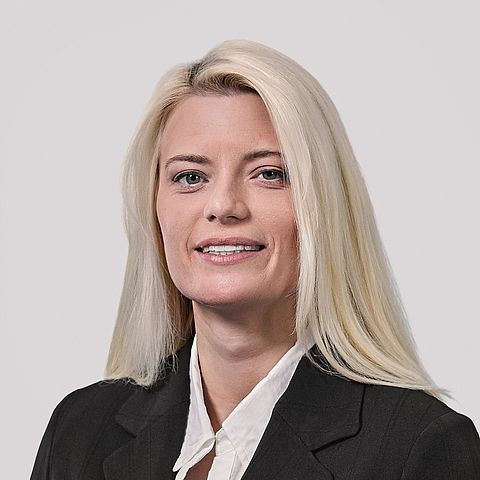Leukaemia diagnosis – Realising the potential of whole transcriptome sequencing
In AML and ALL the application of WHO classification and ELN guidelines requires a plethora of methods to determine the diagnostic and prognostic subgroup. Especially in ALL, many different subtypes have been described, which makes accurate diagnosis a challenge. However, in recent years, whole genome and whole transcriptome sequencing have emerged as comprehensive high-throughput techniques that allow for an accurate genetic characterization. This identification of patients’ genetic fingerprint is key to a precise diagnosis and the design of personalised cancer treatments.
Building on our research we now aim to use whole genome sequencing (WGS) and whole transcriptome sequencing (WTS) to prospectively profile patients with a suspected diagnosis of ALL and AML. The study will allow us to increase our knowledge on the incidence of chromosome aberrations, somatic mutations, and altered gene expression profiles. Moreover, WGS & WTS allow an in-depth characterization of a patients’ genetic profile, providing the basis for more precise disease classification, prognosis and targeted treatment selection. Combining the different data layers will help to advance precision medicine and will allow us to provide each patient with the best possible diagnosis.
Moreover, with the introduction of
high-throughput sequencing techniques and the accompanied analysis of large
gene panels and even whole genomes and transcriptomes, molecular genetics has
entered the realm of big data. Hence, to get the most out of these
comprehensive data sets, the implementation of machine learning methods to
analyze these datasets is almost inevitable. We hope that the acquisition of large
quantities of high-quality, standardized data will also contribute to
successful downstream artificial intelligence (AI)-based methods, eventually
transforming the multi-modal data into predictive models and decision-making
tools.
Our efforts were recently summarized in Research Features magazine - enjoy the reading!
Die Autorin

»Sie haben Fragen zum Artikel oder wünschen weitere Informationen? Schreiben Sie mir gerne eine E-Mail.«
Dr. Wencke Walter